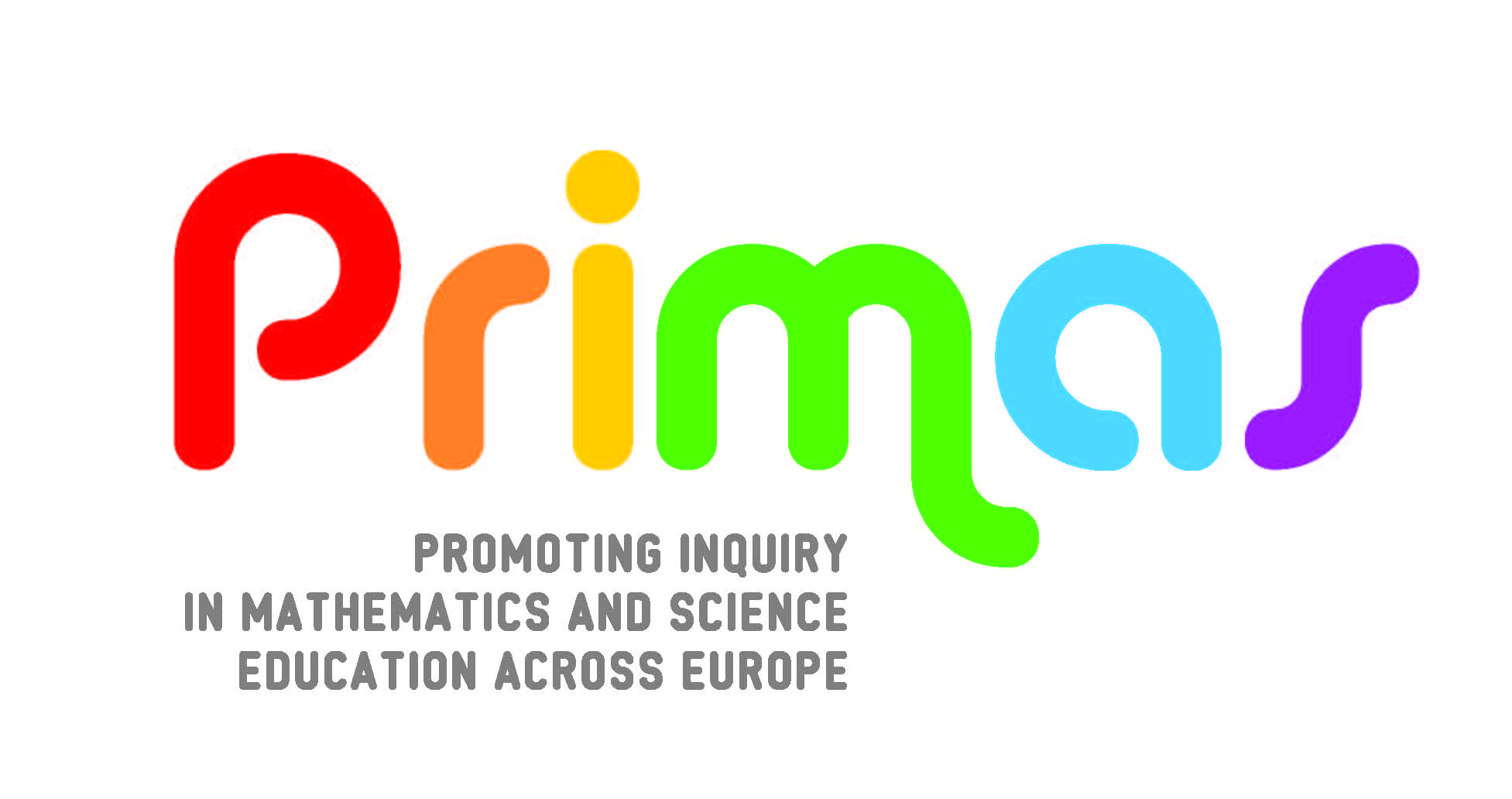The goal of this project is to effect changes in methods of teaching and learning mathematics and the natural sciences. The pupils should learn how to independently examine problems and phenomena, reach their own conclusions and solutions, work in groups and be able to justify and present their approaches, procedures and results. Particular emphasis is placed here on cross-linking mathematics and the natural sciences and connecting these subjects to reality. The pupils should experience their lessons as having relevance for their own lives. By doing so, pupils acquire competencies which are absolutely necessary for dealing with our ever-changing world. Among these are: the ability to be flexible and gain new skills in their future professional lives, apply their knowledge and skills in specific situations and be able to work in teams.
Primas
Promoting inquiry in mathematics and science education across Europe

The central question to the setting and achievement of this aim is: how can such a change in teaching and learning actually be realized? One of the fundamental hypotheses of Project PRIMAS is that this goal can only be reached by involving as many individuals as possible who will be affected by the changes at schools and institutions in the process and thereby, create an atmosphere that is conducive to change. That is why the activities undertaken in Project PRIMAS target teachers, parents, pupils, school administrators and politicians.
One method of providing teachers with the further training they need to implement changes in their teaching methods is the creation of supervised school teams. These will be in place for one to two years and help ensure that training is both effective and has lasting results. Disseminators will also be trained to work with the teams with the goal of reaching as many teachers as possible. A one-day, large scale event will also be used to encourage teachers to get on board.
Beyond this, informational events will be used to target other groups (parents, pupils). Within the framework of a so-called National Advisory Committee, school administrators, disseminators, and teaching seminaries will be included in the project work in a targeted manner. Here, the German Advisory Committee is working closely with the Freiburg Regional Council.
One distinctive feature of PRIMAS is the interaction between work at the international level and work done on-site by regional authorities and at schools.
Project coordinator: Katja Maaß, University of Education, Freiburg
Project team Freiburg: Prof. Dr. Katja Maaß, Diana Wernisch, Dr. Patrick Bronner, Anna-Maria Aldorf, Zofia Malachowska
Project Consortium:
Jean-Luc Dorier, Universität Genf
Michiel Doorman, Henk van der Kooij, Freudenthal Institut Universität Utrecht
Malcolm Swan, Daniel Pead, Len Newton, MARS, Universität Nottingham
Fco. Javier Garcia Garcia, Ana Abril Galego, Universität Jaen
Sona Ceretkova, Martin Bilek, UKF Nitra
Csaba Csikos, Erzebet Korom, Universität Szeged,
Nicholas Mousoulides, Toula Onoufriou, Technische Universität Zypern
Cettina Axiak, Deborah Chetcuti, Michael Buhagiar, Universität Malta
Morten Blomhoej, Tinne Hoff Kjeldsen, Roskilde Universität
Geoff Wake, Graham Hardy, Andrew Howes, Universität Manchester
Szilárd András, Anna Soós, Zoltán Néda, Babés Bolyai Universität
Birgit Pepin, Ragnhild Lyngved, Sor Trondlag Universitäts-College
Manfred Euler, IPN Kiel
This project was implemented in Germany in close cooperation with the Regional Council in Freiburg.
The project was supported by the European Union as part of its 7th Framework Programme “Science in Society”.

